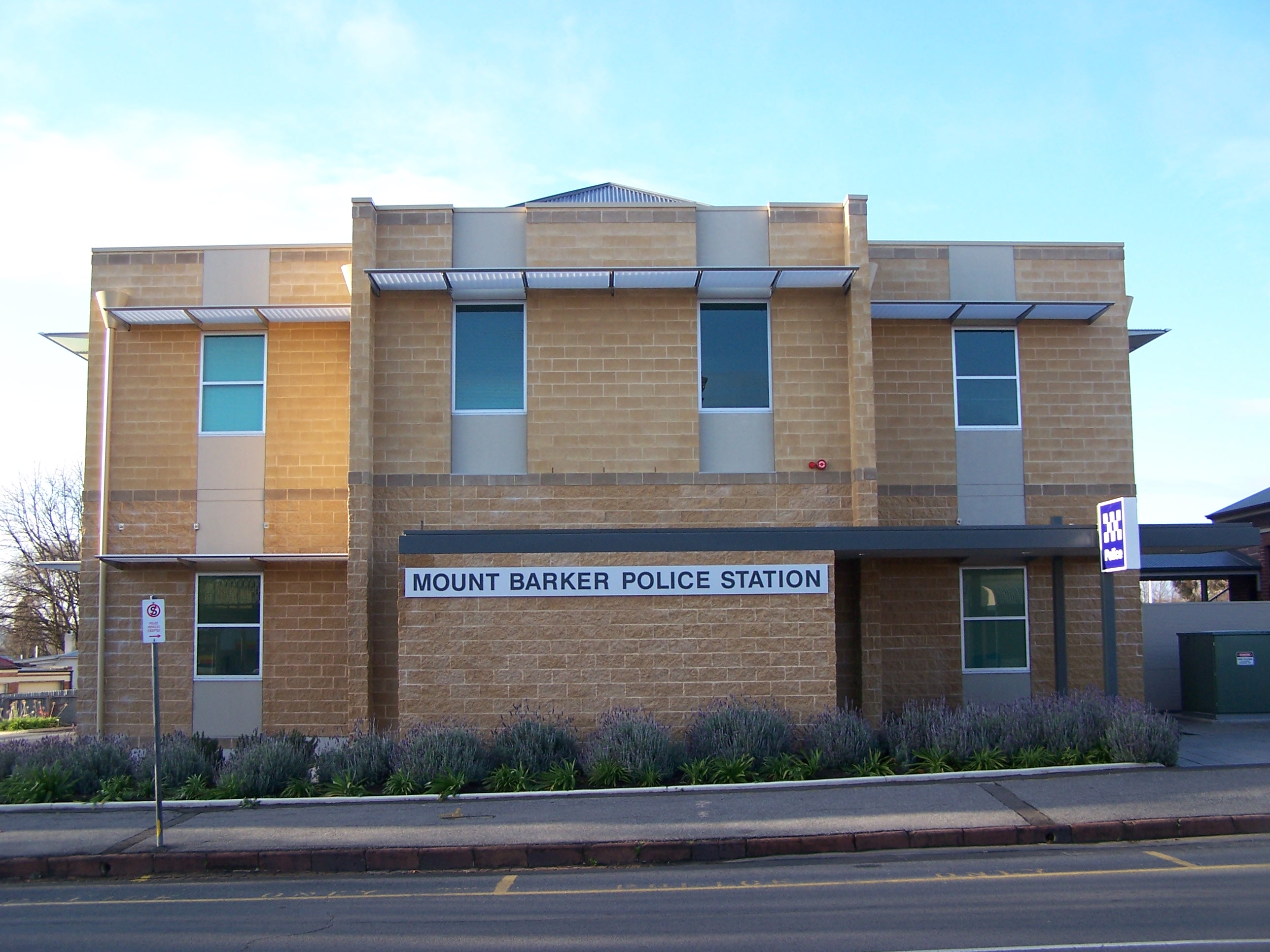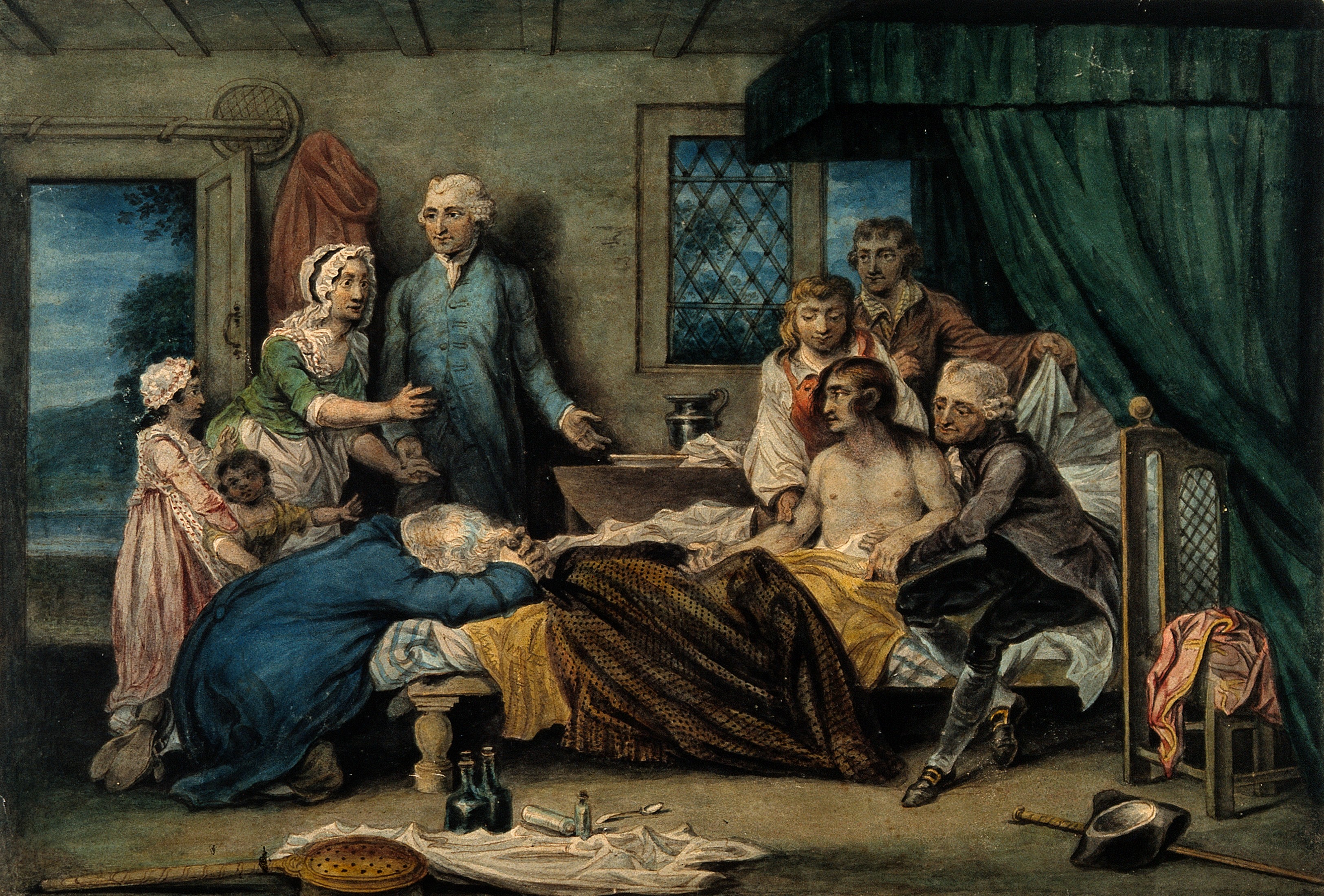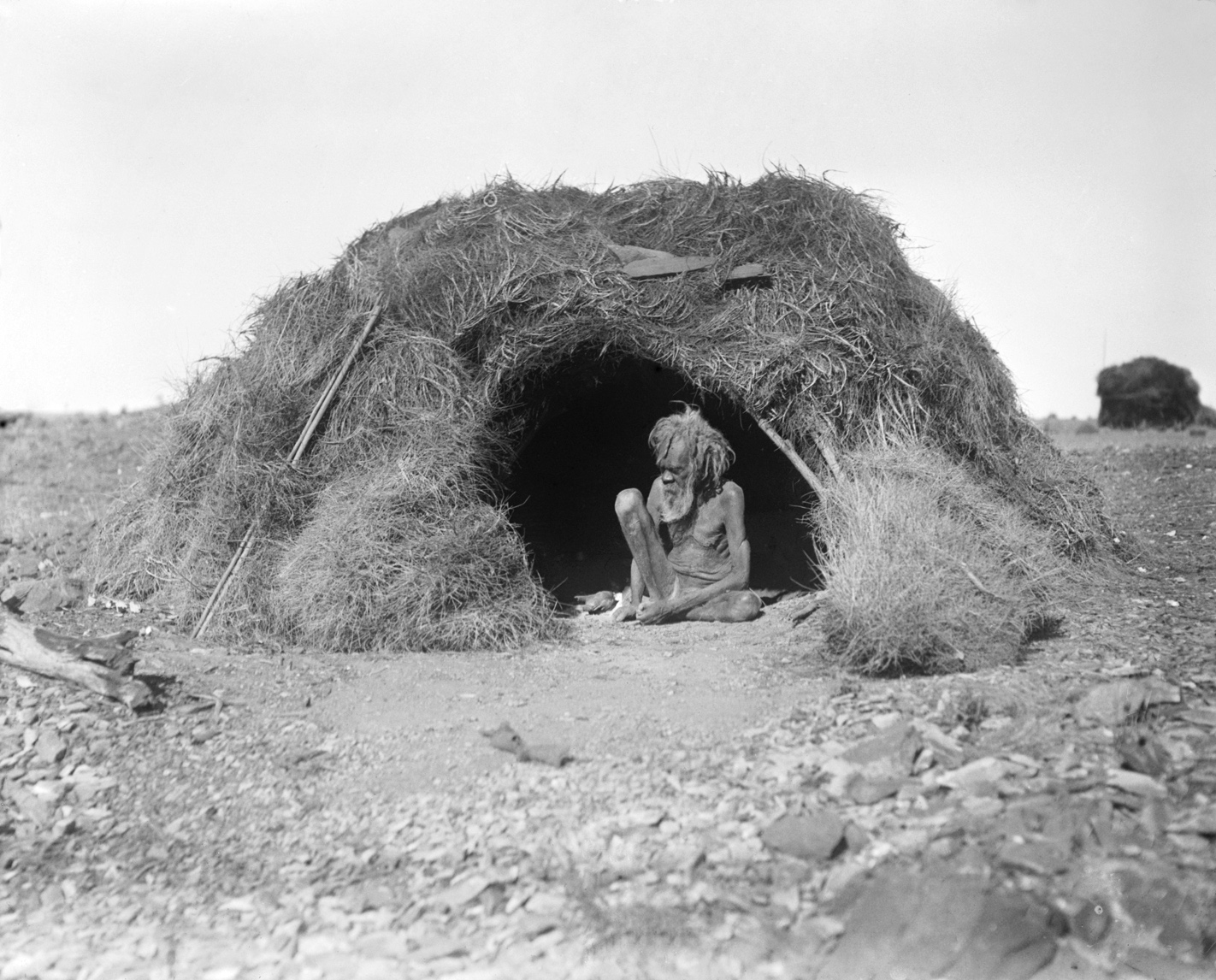|
Alfred Searcy
Alfred Searcy (4 January 1854 – 1 October 1925) was a South Australian public servant and writer. He was based in Darwin from 1882 to 1896 and was a booster for development of northern Australia during and after his time there. Family and education He was the son of William Searcy, clerk and policeman, and his wife Charlotte Edwin, née Roffe, and brother of Arthur Searcy who also had a distinguished career as a South Australian public servant. His parents, and uncle Frederick Searcy, had arrived at Port Adelaide on 3 September 1849, on the ship ''Louisa Baillie''. He attended Dumas' school, Mount Barker, later Pulteney Street School, Adelaide, until 1869. On 10 February 1876, he married Jane Annette Rainsford, daughter of Joseph Rainsford and Jane née Brown at Holy Trinity Church, Adelaide. Alfred Searcy died on 1 October 1925 in Adelaide and was buried in North Road Cemetery. Career In 1869, he was indentured as a journalist with The Advertiser, joining the customs depa ... [...More Info...] [...Related Items...] OR: [Wikipedia] [Google] [Baidu] |
Mount Barker, South Australia
Mount Barker is a city in South Australia. Located approximately 33 kilometres (21 miles) from the Adelaide city centre, it is home to 16,629 residents. It is the seat of the District Council of Mount Barker, the largest town in the Adelaide Hills, as well as one of the fastest-growing areas in the state. Mount Barker lies at the base of a local eponymous peak called the Mount Barker summit. It is 50 kilometres from the Murray River. Mount Barker was traditionally a farming area; many of the lots just outside the town area are farming lots, although some of them have been replaced with new subdivisions in recent times. History Mount Barker, the mountain, was sighted by Captain Charles Sturt in 1830, although he thought he was looking at the previously discovered Mount Lofty. This sighting of Mount Barker was the first by a European. Captain Collet Barker corrected Sturt's error when he surveyed the area in 1831. Sturt named the mountain in honour of Captain Barker after he was ... [...More Info...] [...Related Items...] OR: [Wikipedia] [Google] [Baidu] |
Royal Humane Society
The Royal Humane Society is a British charity which promotes lifesaving intervention. It was founded in England in 1774 as the ''Society for the Recovery of Persons Apparently Drowned'', for the purpose of rendering first aid in cases of near drowning. History In 1773, physician William Hawes (physician), William Hawes (1736–1808) began publicising the power of artificial respiration and Tobacco smoke enema#Medical opinion, tobacco smoke enemas to resuscitate people who superficially appeared to have drowned. For a year he paid a reward out of his own pocket to any one bringing him a body rescued from the water within a reasonable time of immersion. Thomas Cogan, another English physician, who had become interested in the same subject during a stay at Amsterdam, where was instituted in 1767 a society for preservation of life from accidents in water, joined Hawes in his crusade. In the summer of 1774 Hawes and Cogan each brought fifteen friends to a meeting at the Chapter Coffee ... [...More Info...] [...Related Items...] OR: [Wikipedia] [Google] [Baidu] |
People From Darwin, Northern Territory
A person ( : people) is a being that has certain capacities or attributes such as reason, morality, consciousness or self-consciousness, and being a part of a culturally established form of social relations such as kinship, ownership of property, or legal responsibility. The defining features of personhood and, consequently, what makes a person count as a person, differ widely among cultures and contexts. In addition to the question of personhood, of what makes a being count as a person to begin with, there are further questions about personal identity and self: both about what makes any particular person that particular person instead of another, and about what makes a person at one time the same person as they were or will be at another time despite any intervening changes. The plural form "people" is often used to refer to an entire nation or ethnic group (as in "a people"), and this was the original meaning of the word; it subsequently acquired its use as a plural form of per ... [...More Info...] [...Related Items...] OR: [Wikipedia] [Google] [Baidu] |
Customs Officers
A customs officer is a law enforcement agent who enforces customs laws, on behalf of a government. Canada Canadian customs officers are members of the Canada Border Services Agency. It was created in 2003 and preceded by the Canada Customs and Revenue Agency (1999-2003). Customs officers has existed since 1868 under various departments: Customs Office, Customs and Inland Revenue from 1918 to 1923, Customs and Excise from 1923 to 1927 and Revenue Department from 1927 to 1999. They are most visible at 117 land border crossings and 13 international airports between Canada and US, but are also founded at 3 seaports, 3 mail centres within Canada. Hong Kong 4,931 posts, of which nine are directorate officers, 3,804 are members of the Customs and Excise Department, 504 are Trade Controls Officers and 614 are staff of the General and Common Grades. Hong Kong is one of the busiest container ports in the world. It handled 20.4 million TEUs (Twenty-foot Equivalent Units) in 2003. ... [...More Info...] [...Related Items...] OR: [Wikipedia] [Google] [Baidu] |
Public Servants Of South Australia
In public relations and communication science, publics are groups of individual people, and the public (a.k.a. the general public) is the totality of such groupings. This is a different concept to the sociological concept of the ''Öffentlichkeit'' or public sphere. The concept of a public has also been defined in political science, psychology, marketing, and advertising. In public relations and communication science, it is one of the more ambiguous concepts in the field. Although it has definitions in the theory of the field that have been formulated from the early 20th century onwards, and suffered more recent years from being blurred, as a result of conflation of the idea of a public with the notions of audience, market segment, community, constituency, and stakeholder. Etymology and definitions The name "public" originates with the Latin '' publicus'' (also '' poplicus''), from '' populus'', to the English word ' populace', and in general denotes some mass population ("the ... [...More Info...] [...Related Items...] OR: [Wikipedia] [Google] [Baidu] |
1925 Deaths
Nineteen or 19 may refer to: * 19 (number), the natural number following 18 and preceding 20 * one of the years 19 BC, AD 19, 1919, 2019 Films * ''19'' (film), a 2001 Japanese film * ''Nineteen'' (film), a 1987 science fiction film Music * 19 (band), a Japanese pop music duo Albums * ''19'' (Adele album), 2008 * ''19'', a 2003 album by Alsou * ''19'', a 2006 album by Evan Yo * ''19'', a 2018 album by MHD * ''19'', one half of the double album ''63/19'' by Kool A.D. * ''Number Nineteen'', a 1971 album by American jazz pianist Mal Waldron * ''XIX'' (EP), a 2019 EP by 1the9 Songs * "19" (song), a 1985 song by British musician Paul Hardcastle. * "Nineteen", a song by Bad4Good from the 1992 album '' Refugee'' * "Nineteen", a song by Karma to Burn from the 2001 album ''Almost Heathen''. * "Nineteen" (song), a 2007 song by American singer Billy Ray Cyrus. * "Nineteen", a song by Tegan and Sara from the 2007 album '' The Con''. * "XIX" (song), a 2014 song by Slipk ... [...More Info...] [...Related Items...] OR: [Wikipedia] [Google] [Baidu] |
1854 Births
Events January–March * January 4 – The McDonald Islands are discovered by Captain William McDonald aboard the ''Samarang''. * January 6 – The fictional detective Sherlock Holmes is perhaps born. * January 9 – The Teutonia Männerchor in Pittsburgh, U.S.A. is founded to promote German culture. * January 20 – The North Carolina General Assembly in the United States charters the Atlantic and North Carolina Railroad, to run from Goldsboro through New Bern, to the newly created seaport of Morehead City, near Beaufort. * January 21 – The iron clipper runs aground off the east coast of Ireland, on her maiden voyage out of Liverpool, bound for Australia, with the loss of at least 300 out of 650 on board. * February 11 – Major streets are lit by coal gas for the first time by the San Francisco Gas Company; 86 such lamps are turned on this evening in San Francisco, California. * February 13 – Mexican troops force William Wa ... [...More Info...] [...Related Items...] OR: [Wikipedia] [Google] [Baidu] |
History Of The Northern Territory
The History of the Northern Territory began over 60,000 years ago when Indigenous Australians settled the region. Makassan traders began trading with the indigenous people of the Northern Territory for trepang from at least the 18th century onward and possibly 300 years prior to that. Europeans first sighted the coast of the future Territory in the 17th century. British groups made attempts to settle the coastal regions of the Territory from 1824 onwards, but no settlement proved successful until the establishment of Port Darwin in 1869. Prehistory Although sparse, the archaeological record of the Northern Territory provides evidence of settlement around 60,000 years ago at Malakunanja and Nauwalabila, although there is controversy surrounding the thermoluminescent dating of these sites. During this period, sea levels were lower than at present, and Australia and New Guinea along with large tracts of what is now the Timor Sea formed one single landmass. Abundant and compl ... [...More Info...] [...Related Items...] OR: [Wikipedia] [Google] [Baidu] |
History Of South Australia
The history of South Australia includes the history of the Australian state of South Australia since Federation of Australia, Federation in 1901, and the area's preceding Indigenous Australian, Indigenous and British colony, British colonial societies. Aboriginal Australians of various nations or tribes have lived in South Australia for at least thirty thousand years, while British colonists arrived in the 19th century to establish a free colony. The ''South Australia Act, 1834'' created the Province of South Australia, built according to the principles of systematic colonisation, with no convict settlers; after the colony nearly went bankrupt, the ''South Australia Act 1842'' gave the British Government full control of South Australia as a Crown Colony. After some amendments to the form of government in the intervening years, South Australia became a self-governing colony in 1857 with the ratification of the ''Constitution Act 1856'', and the Parliament of South Australia was for ... [...More Info...] [...Related Items...] OR: [Wikipedia] [Google] [Baidu] |
Sergeant-at-arms
A serjeant-at-arms, or sergeant-at-arms, is an officer appointed by a deliberative body, usually a legislature, to keep order during its meetings. The word "serjeant" is derived from the Latin ''serviens'', which means "servant". Historically, serjeants-at-arms were armed men retained by English lords and monarchs, and the ceremonial maces which they are associated with were originally a type of weapon. Origins The term "sergeant" can be given two main definitions; the first being a military rank and the other a governmental role. Whereas technically the two roles were not mutually exclusive, they were very different in roles and duties. The soldier sergeant was a man of what would now be thought of as the 'middle class', fulfilling a junior role to the knight in the medieval hierarchy. Sergeants could fight either as heavy to light cavalry, or as well-trained professional infantry, either spearmen or crossbowmen. Most notable medieval mercenaries fell into the 'sergeant' class, ... [...More Info...] [...Related Items...] OR: [Wikipedia] [Google] [Baidu] |
Paul Foelsche
Paul Foelsche (30 March 1831 – 31 January 1914) was a South Australian police officer and photographer born in Germany,Noye, R. J.'Foelsche, Paul Heinrich Matthias (1831–1914)' ''Australian Dictionary of Biography'', National Centre of Biography, Australian National University, accessed 21 April 2012 remembered for his work in the Northern Territory of Australia from 1870 to 1904. Early life He was born Paul Heinrich Matthias Fölsche in Moorburg, Germany on the south bank of the river Elbe near Hamburg. His mother died when he was quite young; his father, a ropemaker, married again and had another six children. At seventeen he enlisted in the Prussian cavalry which was fighting Denmark over ownership of the Schleswig-Holstein region to the north, learning the use of weapons and becoming a proficient horseman and gunsmith. Career in Australia South Australia On 22 June 1854 he left Hamburg for Australia on the ''Reiherstieg'', landing at Port Adelaide on 26 October ... [...More Info...] [...Related Items...] OR: [Wikipedia] [Google] [Baidu] |
The Advertiser (Adelaide)
''The Advertiser'' is a daily tabloid format newspaper based in the city of Adelaide, South Australia. First published as a broadsheet named ''The South Australian Advertiser'' on 12 July 1858,''The South Australian Advertiser'', published 1858–1889 National Library of Australia, digital newspaper library. it is currently a tabloid printed from Monday to Saturday. ''The Advertiser'' came under the ownership of in the 1950s, and the full ownership of in 1987. It is a publication of Advertiser Newspapers Pty Ltd (ADV), ... [...More Info...] [...Related Items...] OR: [Wikipedia] [Google] [Baidu] |


_1938.jpg)




